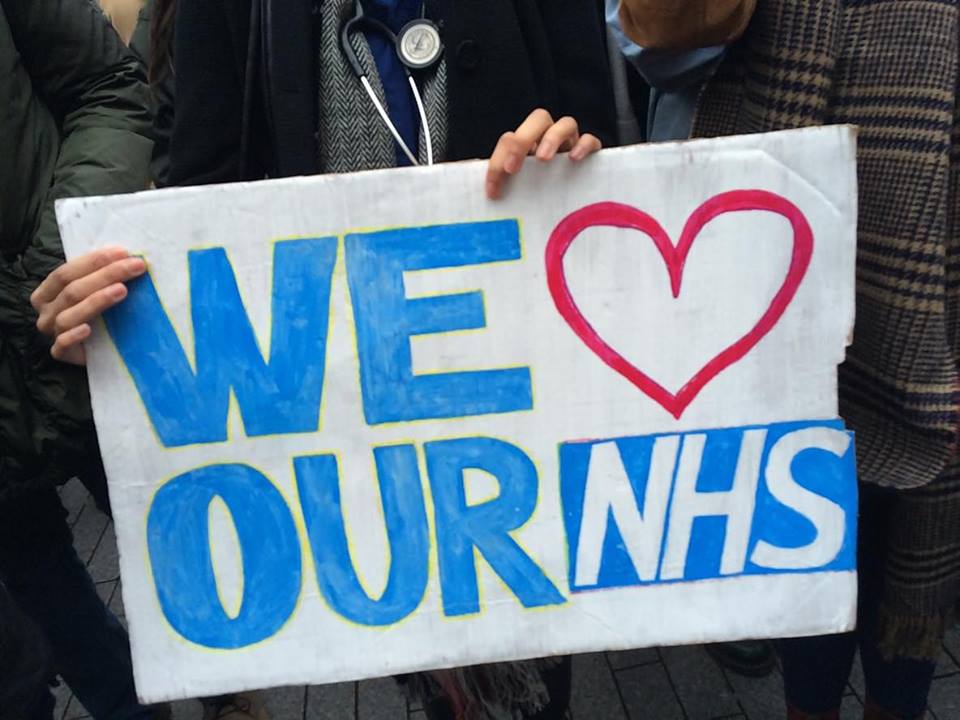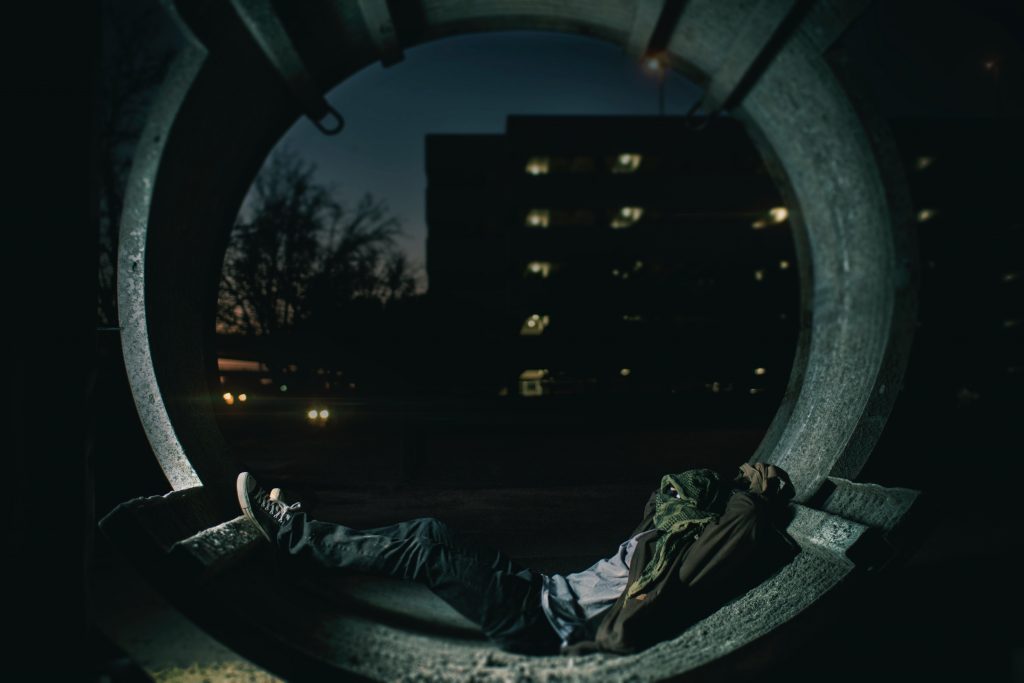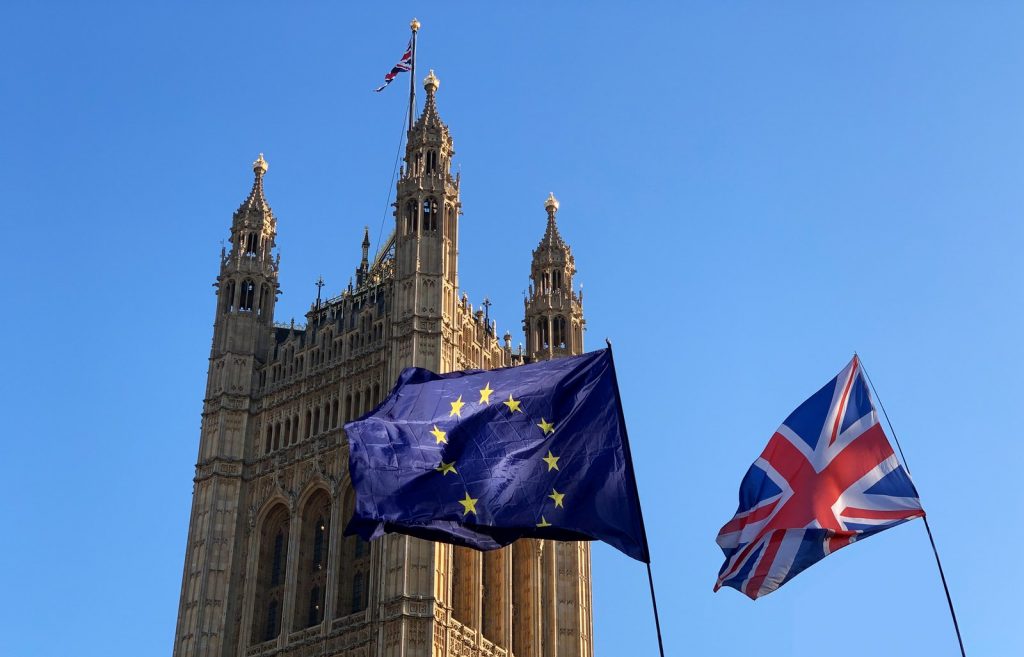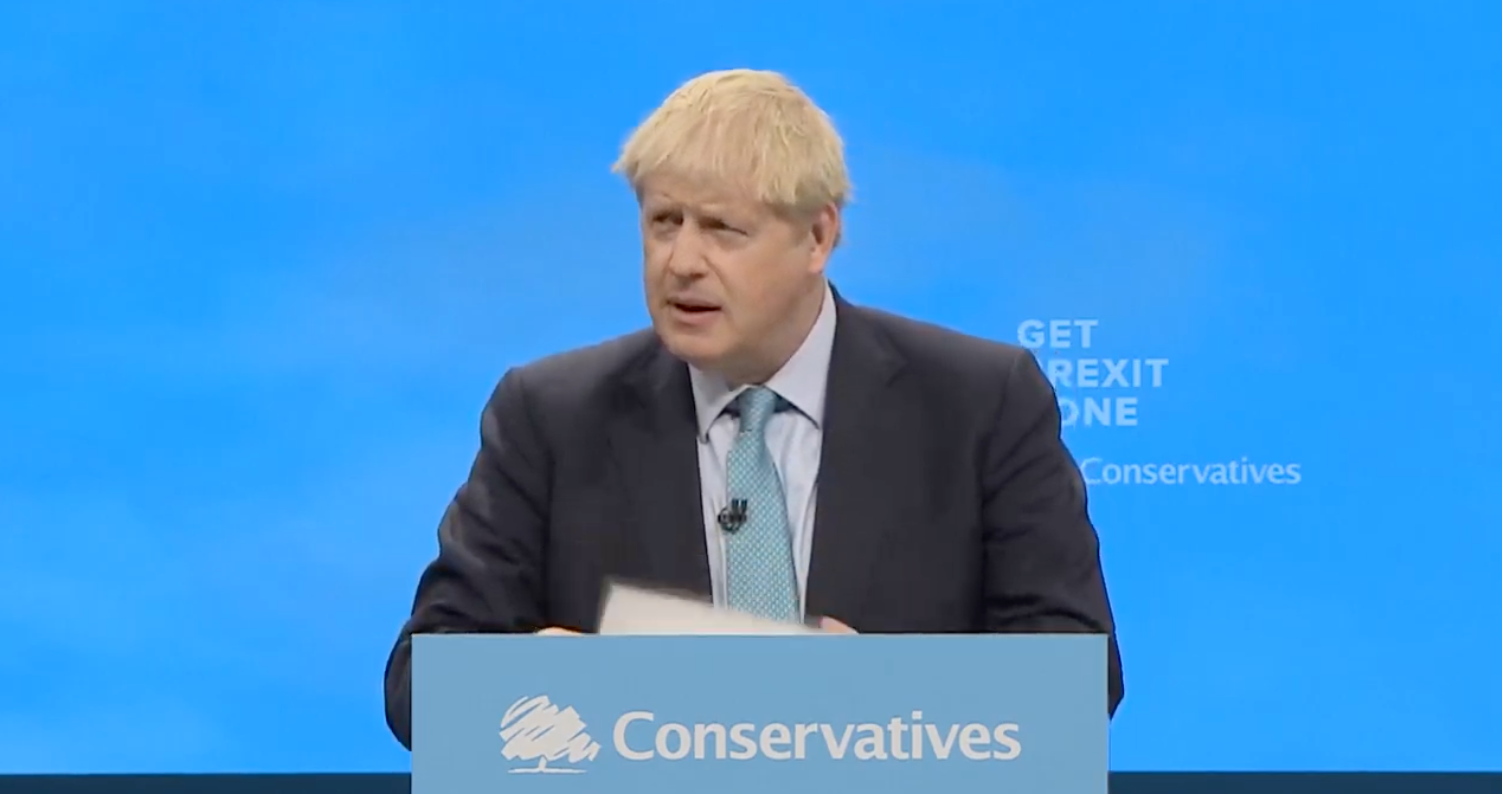Wednesday marked the last day of the Conservative Party Conference 2019 and it’s fair to say that human rights issues played a central part across the four-day affair in Manchester.
From housing rights to freedom of movement, both the Prime Minister and his cabinet touched on important topics outside of Brexit and rolled out what Britain might look like after 31 October.
EachOther has covered Labour’s conference, the Lib Dems’ conference, and now we’ve reviewed the Conservatives’ conference agenda and speeches – listing for you the main points which touch on human rights:
National Living Wage Hike

Image Credit: Unsplash
Sajid Javid announced that the government intended to increase the national living wage from £8.21 to £10.50 an hour for over-21s – a change that would affect over four million people.
The chancellor said that the increase will happen over the next five years and, once completed, would make the UK the country with the highest minimum wage.
“We will make the UK the first major economy in the world to end low pay altogether,” Javid said.
The announcement was welcomed, but unions warned that – with an election and Brexit looming – the promise “should be taken with a huge bucket of salt.”
“This pledge would be overwhelmed by a no-deal Brexit. If we leave the EU without a deal, jobs will be lost, wages will fall and our public services will suffer,” said Frances O’Grady, the general secretary of the TUC.
The End Of Freedom Of Movement

Image Credit: Flickr
Home Secretary Priti Patel vowed to end freedom of movement “once and for all” in her speech at the conference, and announced the introduction of a points-based immigration system similar to that of Australia’s.
Australia’s immigration system, which has previously been championed by Ukip and prominent Brexit campaigners, controls the number of workers in different professions who are allowed to migrate to the country.
In theory, this helps the government select those with skills that are more in demand by the economy.
Patel, whose parents are immigrants, said that the new system would support “brilliant scientists, the finest academics, and leading people in their fields.”
The NHS And New Hospitals

Image Credit: Flickr
Not many new policies were announced at the Conservative Party Conference, a decision many pundits believe was made so that some policies can be saved and announced if an election is called.
Instead, policies which have been introduced in recent weeks were talked about in more depth – including Johnson’s announcement that 40 new hospitals will be opened.
In his keynote speech, the PM said that the Conservatives hoped to build the new hospitals over the next 10 years, as well as recruiting more doctors and nurses.
However, experts have said that the £3 billion put aside to rebuild hospitals is not nearly enough, and only six NHS trusts which are in major need of construction work will receive the money.
“While this money is very much needed following years of underinvestment in the NHS’s crumbling infrastructure, it falls well short of the scale of the challenge,” said Anita Charlesworth, head of research and economics at the Health Foundation think tank.
Increased Police Presence

Image Credit: Pixabay
Another policy we have already been made aware of but which Johnson pushed as one of the key policies in his speech was the recruitment of 20,000 new police officers.
This increased police presence would help keep the streets safe, Johnson said, as they will work to tackle county lines drug gangs and increase stop and search, despite critics calling the technique “lazy policing.”
As well as higher numbers of police officers, the Prime Minister said the party would be looking at rehabilitation to stop repeat offenders, including education in prisons, investment in youth clubs, and better further education funding. However, no clear policy or budget was set out for this.
Housing Rights

Image Credit: Unsplash
We all know the country is in the midst of a housing crisis, with an estimated 8.4 million people in England living in unaffordable, insecure, or unsuitable homes. The Conservatives’ plan to solve that is by building new, affordable housing on brownfield sites that were not previously considered.
As well as new homes, Robert Jenrick, the housing secretary, said the government plans to extend the right that housing association tenants have to shared ownership of their homes.
Armed Forces Covenant

Image Credit: Wikimedia
The Armed Forces Covenant covers two new policies which aim to help armed forces veterans and their families to be treated fairly. The Armed Forces Covenant applies to:
- Housing
- Education
- Employment
- Health and social care
- Access to commercial products, services, and business
- Money and welfare
The signing of the covenant means the government will now support the employment of Service members’ spouses and partners, seek to support employees who choose to be members of the Reserve forces, and proactively market vacancies to the veteran community.
Magnitsky Law

Image Credit: Pixabay
Once the UK leaves the EU, the Conservatives will implement the Magnitsky provisions of the Sanctions and Anti-Money Laundering Act 2018, in order to sanction corrupt officials who commit gross human rights abuses.
The law derives its name from the Russian lawyer, Sergei Magnitsky, who discovered that Russian officials were involved in a large-scale tax fraud.
In 2008, Magnitsky was arrested for pointing the finger at the officials, but he refused to withdraw his testimony. He repeatedly said he faced mistreatment while in prison, and later died in 2009.
A Magnitsky law would give the UK government the power to impose sanctions on people who commit gross human rights violations, and go further than existing legislation allows.
One example where the Conservatives would look to use this type of law is in Venezuela, so that they could impose sanctions on Maduro and other figures.
Mental Health

Image Credit: Pixabay
Roughly 450 million people worldwide will, at some point, be affected by mental and neurological disorders. In the UK, one in four people experience a mental health problem each year. These can range from anxiety and depression to schizophrenia and PTSD.
The NHS is seriously lacking in nurses, doctors, and funding when it comes to mental health. Currently, you could wait up to 18 weeks to have a consultation with a mental health specialist.
As part of their long-term plan for the NHS and mental health, the Conservatives announced that they will be launching “12 trailblazer schemes”.
These schemes will “test new ways of joining up services across NHS organisations and councils – and 1,000 extra staff in NHS community mental health services, to ensure patients have easier access to the support they need.”
No new money is being invested into these schemes, and will instead come from the already allocated budget for the party’s long-term NHS plan.
Brexit: Northern Ireland And The EU Charter Of Fundamental Rights

Image Credit: Flickr
Brexit unsurprisingly dominated all the party conferences this year, and the Conservatives were clear on their position – the UK will be leaving the EU on 31 October, regardless of if a deal is secured or not.
If we leave without a deal, then the UK would presumably no longer adhere to the EU Charter of Fundamental Rights. This contains all the rights that UK citizens are afforded in the separate Convention of Human Rights, and adds in some new ones, such as:
- A right to physical and mental integrity (including rights around personal data);
- A right to asylum;
- A range of social and workers’ rights – including the right to fair working conditions, protection against unjustified dismissal, and access to healthcare, social care, and housing assistance.
In the event of a no-deal, we will face five fundamental threats to our human rights, according to Amnesty International.
These include access to food and medicine, the immigration and asylum systems falling apart, EU citizens in the UK not having rights, and the protection of the Good Friday Agreement in Northern Ireland.
Amnesty said that “it is imperative” that there are no restrictions on the freedom of movement to and from Northern Ireland, so as to enable people to fully exercise their rights to education, healthcare, work and family life. In his speech, the PM said that there will be border checks between Ireland and Northern Ireland, but that the agreement will be respected.







